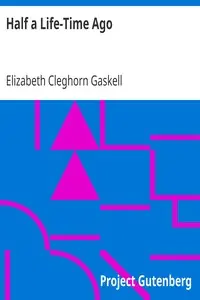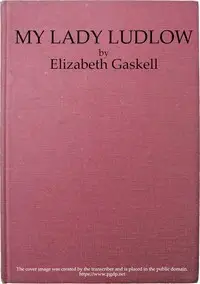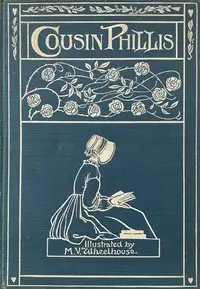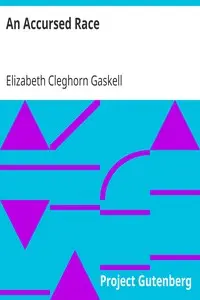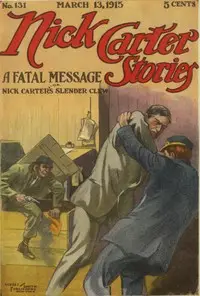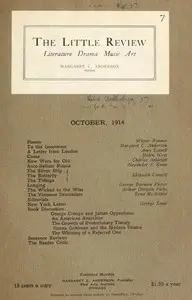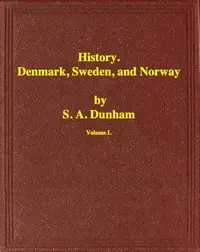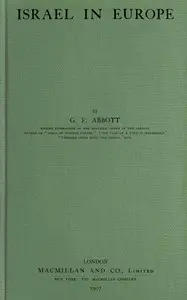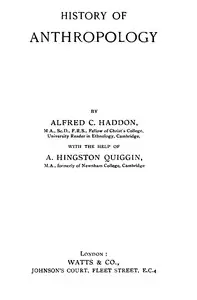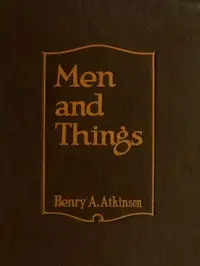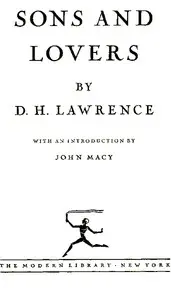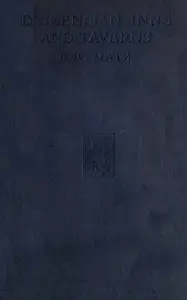"North and South" by Elizabeth Cleghorn Gaskell is a novel written in the mid-19th century, during the Victorian era. The story contrasts the lives of individuals in the industrial North and the genteel Southern society, focusing primarily on Margaret Hale, a young woman caught between two worlds. Her journey from rural Helstone to the industrial town of Milton-Northern forms the backbone of the narrative, exploring themes of class conflict, gender roles, and social upheaval. The opening portion introduces readers to Margaret Hale, who is amidst the emotional turmoil surrounding her cousin Edith's upcoming marriage. As Margaret reflects on her own impending return to the Helstone parsonage, she experiences a bittersweet sense of change and loss. During this period of transition, the contrast between her gentle upbringing and the vibrant, industrial life she anticipates in Milton is established. The chapter presents the warmth of familial ties, alongside the anxiety and uncertainty regarding Margaret's future, laying the groundwork for her development and the societal challenges she will encounter as the story unfolds. (This is an automatically generated summary.)
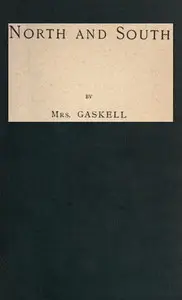
North and South
By Elizabeth Cleghorn Gaskell
"North and South" by Elizabeth Cleghorn Gaskell is a novel written in the mid-19th century, during the Victorian era. The story contrasts the lives of...
Elizabeth Cleghorn Gaskell, often referred to as Mrs Gaskell, was an English novelist, biographer, and short story writer. Her novels offer a detailed portrait of the lives of many strata of Victorian society, including the very poor. Her first novel, Mary Barton, was published in 1848. Gaskell's The Life of Charlotte Brontë, published in 1857, was the first biography of Charlotte Brontë. In this biography, she wrote only of the moral, sophisticated things in Brontë's life; the rest she omitted, deciding certain, more salacious aspects were better kept hidden. Among Gaskell's best known novels are Cranford (1851–1853), North and South (1854–1855), and Wives and Daughters (1864–1866), all of which were adapted for television by the BBC.

